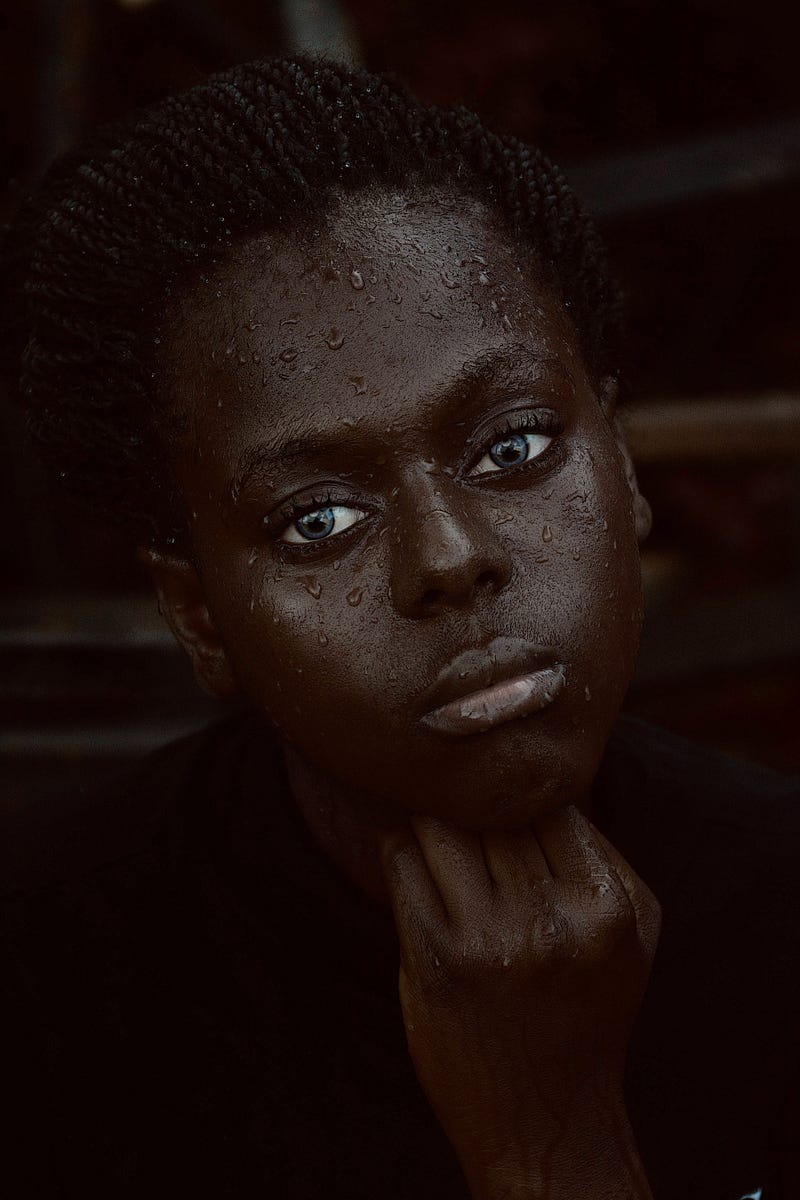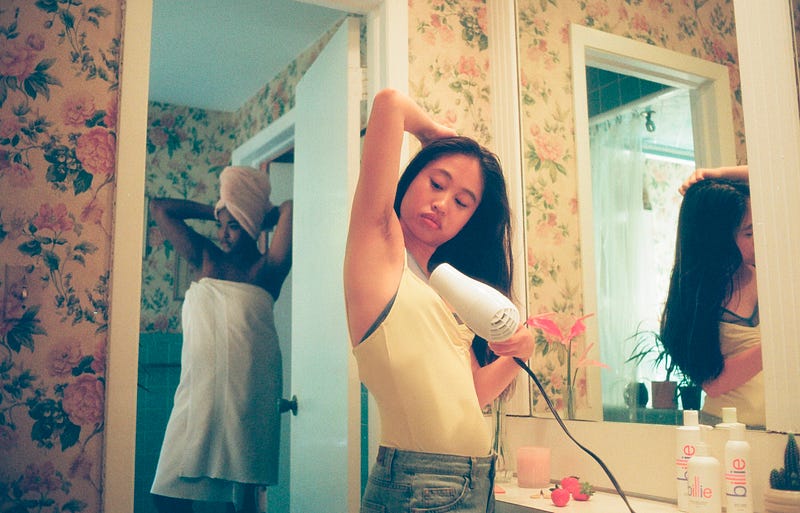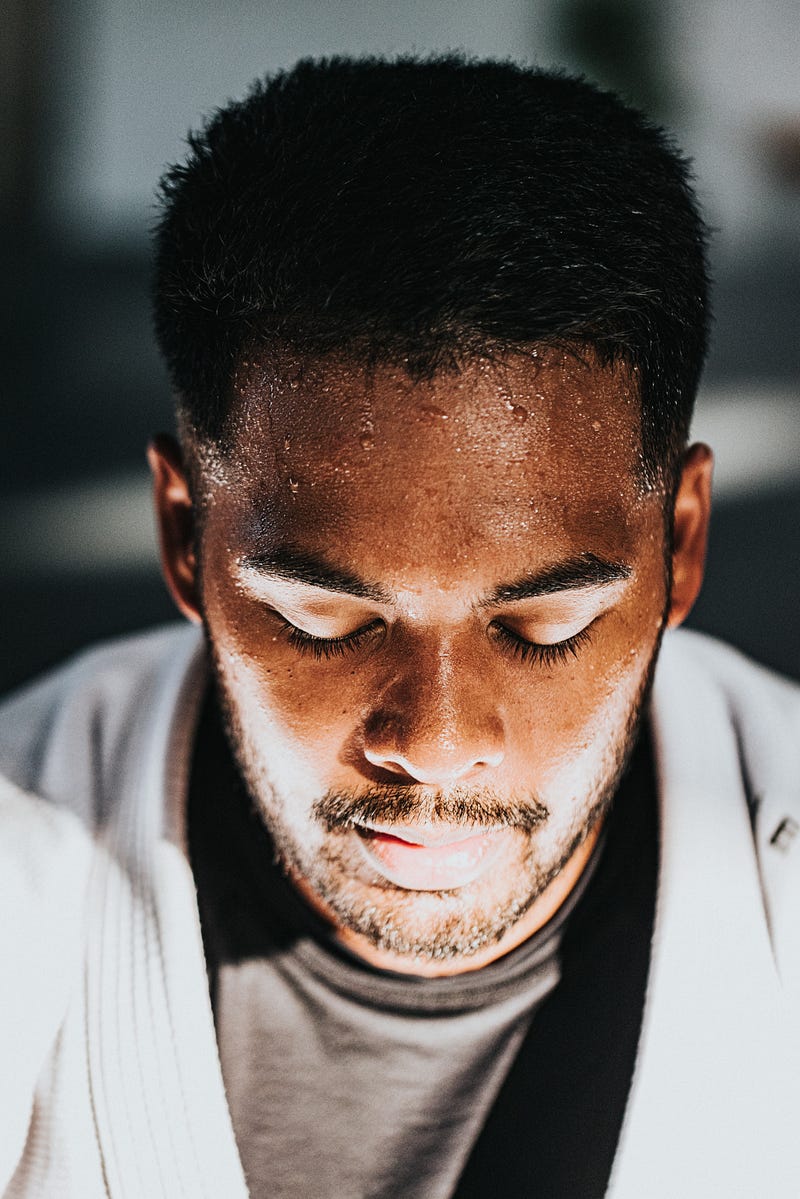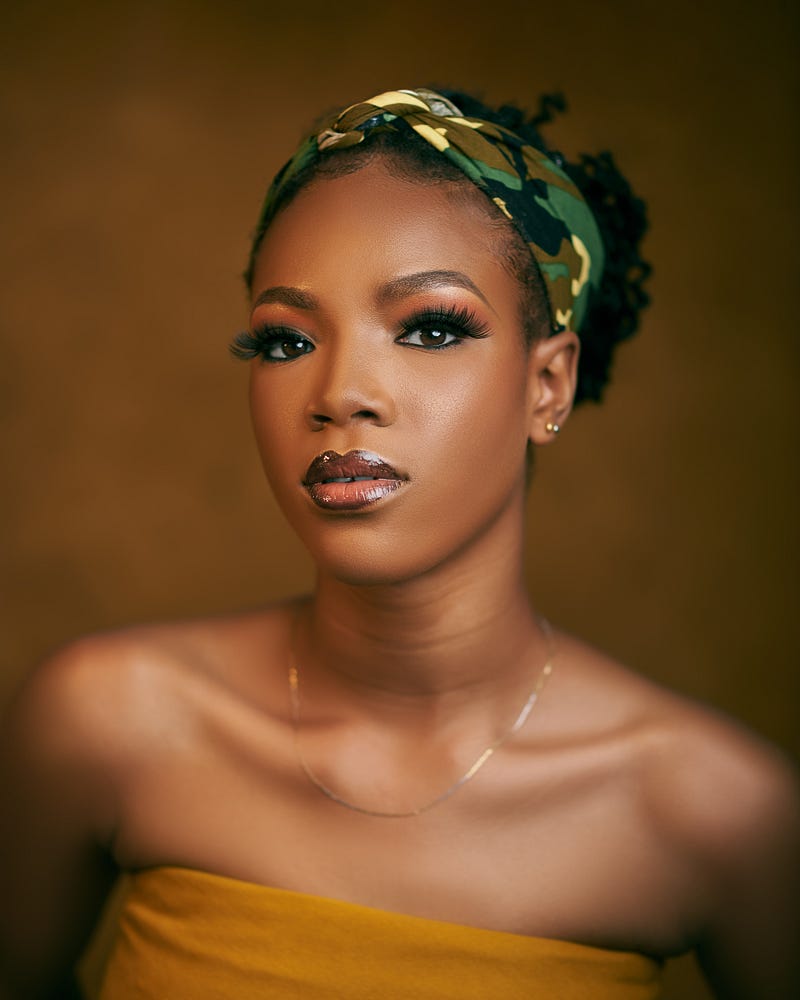Hyperhidrosis: The Reason Some People Sweat So Much
The physical and psychological effects of this disease

“Mom I have hyperhidrosis”, my then 14-year old daughter said to me.
Where did she learn that word, I wondered.
I knew it was true, she had been plagued with hyperproduction of her sweat glands since she was a baby.
When she was just a few months old, my mom touched her feet during playtime and her tiny socks were damp.
I have spent my life being hot. Not sexy hot, though that too, lol.
I am most comfortable in the cold weather. Unlike my daughter, back then I had no idea what plagued me.
It was much later that I realized the malady was called hyperhidrosis
My 7-year-old son also perspires excessively.
When he was much younger and sitting in his car seat in an airconditioned vehicle he still perspired.
So three in the family, apparently passed on to my children via my genes.
Oh, the traits we pass on!
Though it affects us three, it affects my daughter the most.
She cannot wear flip-flops and she wears dark clothes as one in mourning. Hiding the sweat stains under her armpits.
And in fact, she is mourning the loss of the freedom she is robbed of.

Over-sweating is not fun
For the sufferer, excessive sweating can cause a plethora of physical and psychological problems.
From the embarrassing stains on your clothes to the sweaty hands that you are afraid to offer in friendship.
Because No one wants a sweaty handshake.
The long cold showers, the perfect makeup, then 5 minutes later, the sweating starts.
A shiny face, wet underarms, sweaty palms.
Wet socks, smelly feet, and shoes, all from excessive sweating.
The sweat you have no control of.
It is a frustrating disease for which there is apparently no reprieve.
The odor and sweat cause physical discomfort and skin irritations.
Fear of body odor.
Afraid to wear light-colored clothing.
Ashamed of irritating skin problems, such as bacterial and fungal infections, and disintegration (also called maceration) of the skin.

What is hyperhidrosis
Hyperhidrosis is an unpleasant, excessive, and unwanted relationship with sweating.
It can lead to anxiety and embarrassment.
It lowers the confidence of the sufferer especially teenagers.
The sweating is unrelated to physical activity, heat, or even nervousness. According to the International Hyperhidrosis Society, it is a serious medical condition that affects an estimated 365 million people!
The 2 types of hyperhidrosis:
- Primary Focal Hyperhidrosis
- Secondary Generalized Hyperhidrosis
Primary Focal Hyperhidrosis
This sweating is NOT caused by another medical condition or as a result of medications. It is a medical condition in and of itself. As the word “focal” suggests, it affects only specific areas of the body;
- Hands
- Feet
- Underarms
- Face
- Head
This type begins in childhood but becomes more prevalent in adolescence when the developing hormones are wreaking havoc on the youth.
The condition seems to be an inherited one. Seems I have given my children an unwanted thorn in the side. It certainly “pains” them and me.
Secondary Generalized Hyperhidrosis
Secondary Generalized Hyperhidrosis is caused by another medical condition or as a result of medication. Hence the name “Secondary”.
This condition usually rears its ugly head in adults. Treatment is largely dependent upon identifying the cause.

Hyperhidrosis and Body Odor
The 2 types of sweat glands in the human body;
- Eccrine sweat Glands
- Apocrine sweat glands.
Eccrine glands are usually found on soles of feet, palms, forehead, cheeks, and armpits and thankfully produce copious amounts of watery sweat.
Thank God hyperhidrosis usually affects the mostly odorless eccrine glands.
The Apocrine glands are found in armpits and genitals.
This sweat is produced in a thick viscous invisible that then reacts with the natural bacteria on our skin and … kapow!!! The sticky sweaty odor is a byproduct.

How To Deal With The Sweating
- As much as possible try to keep specific areas dry.
- Antiperspirants.
- Powders.
- Frequent clothing changes.
- Wash with antibacterial soap, e.g. dial.
- Use deodorant (They help mask the odor.)
- Consult a dermatologist.
Help Is On The Way
- Prescription-strength antiperspirants.
- Miradry
- Botox
- Qbrexza
- Surgical procedures
- Herbal Teas
- Iontophoresis
- Oral Medications
- Laser

Recap
The emotional and psychological impact of over sweating can tempt you to self-isolate.
You may find it easy to create excuses to stay home or even choose careers in which you don’t have to interact with people, shake hands, or give presentations.
Emotional problems, including depression, social isolation, and decreased confidence, can all result from dealing with hyperhidrosis.
Talk to your clinician about your options to manage the disease.
This is a chronic condition and with management, you will retain some control of your life.
Be confident.
And…
Stay dry.
If you enjoyed that story, you may be interested to read a few more.
Thank you all for reading and for your support.
Pene Hodge is a mom, a nurse, a writer. She writes because she must. She loves people and is committed to sharing and gleaning knowledge for the betterment of all.
You may join me by clicking the link below.
